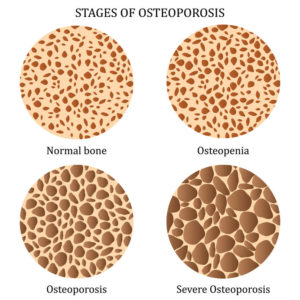National Oatmeal Month: How Oatmeal-Based Products Help Your Skin
If you go into the skincare section of nearly any drug store, you are going to find many different products made from oatmeal for the treatment of several skin conditions. Oatmeal-based products can do a lot for your skin. In fact, you can even make oatmeal at home for these remedies. Here are just a few of the ways you can use oatmeal in your skincare routine.

Acne Treatment
Oatmeal contains zinc, which reduces inflammation and kills the bacteria that can cause acne. Some acne such as black heads are caused by clogged pores. This acne can also be cleared up by oatmeal because it contains compounds called saponins, which are known for their cleansing properties. Oatmeal will clean out the pore that is clogged causing the black head or pimple.
Read More









